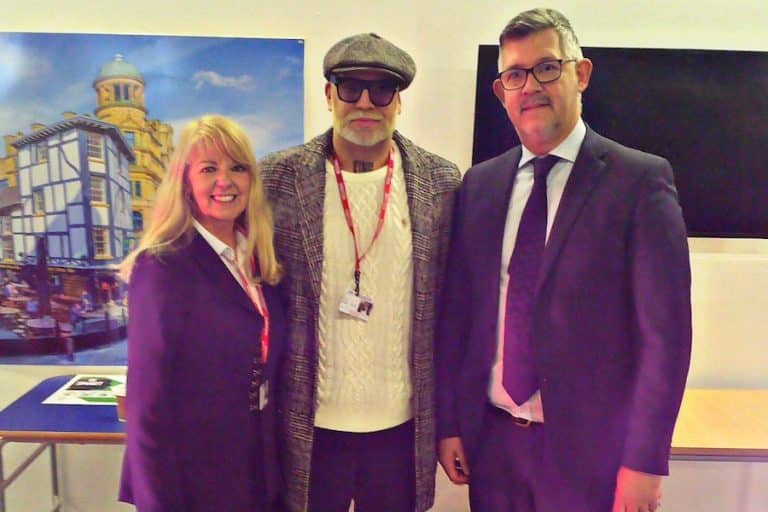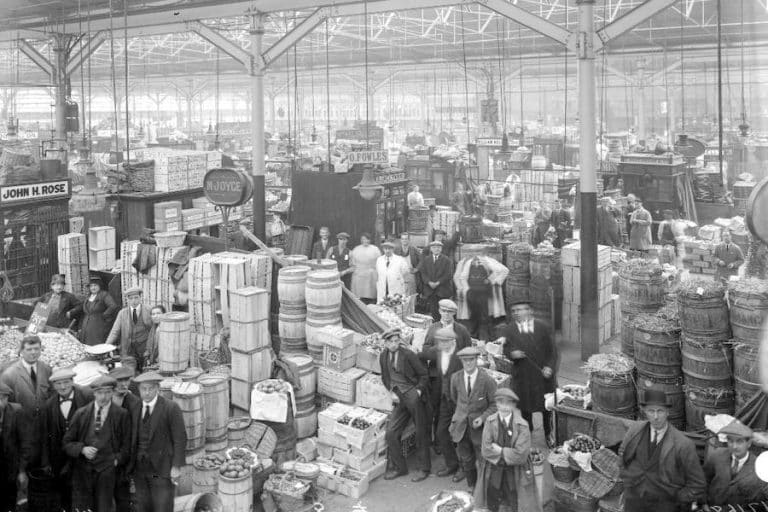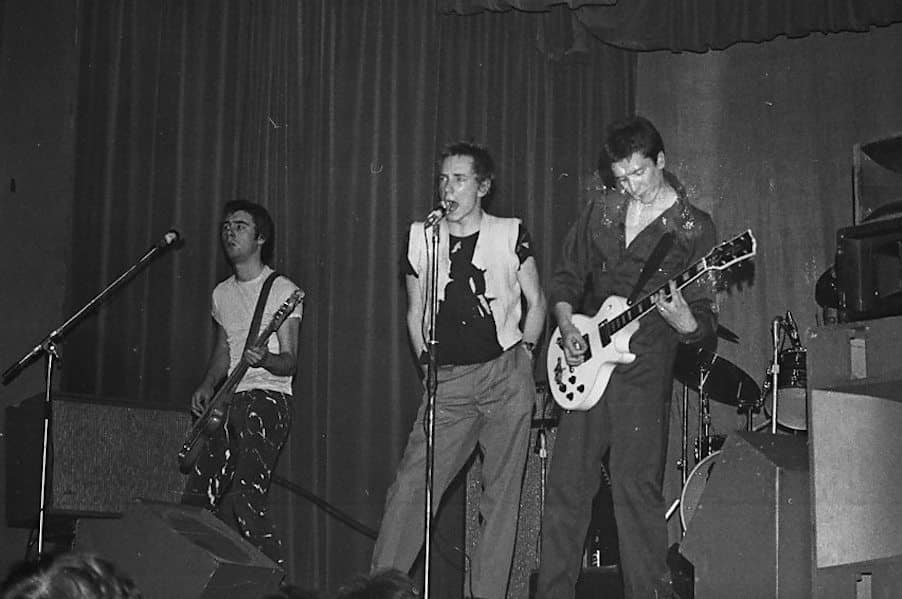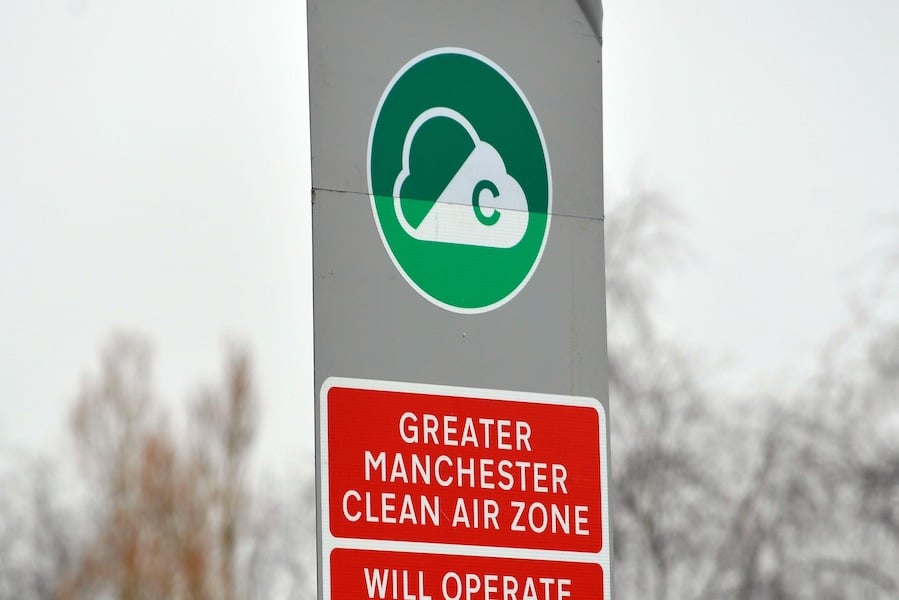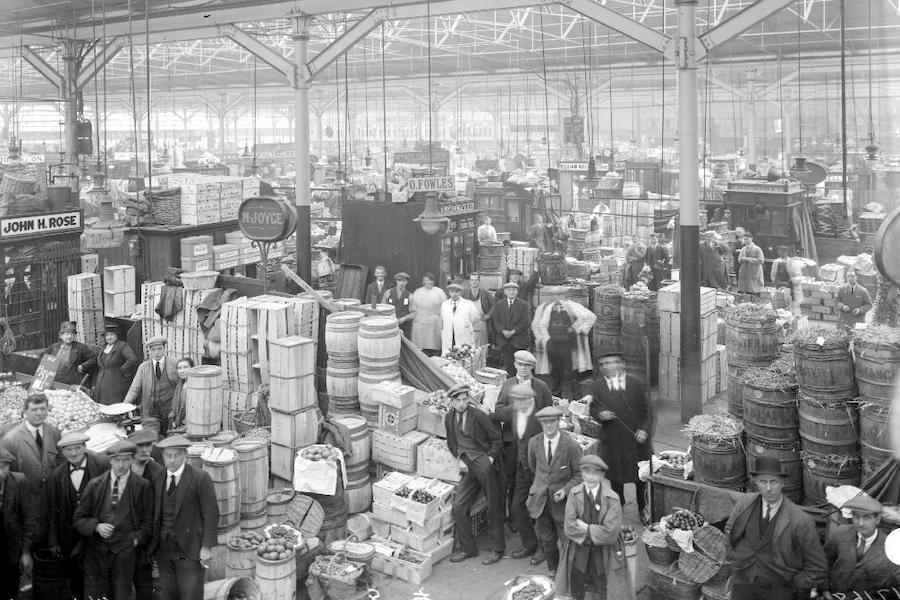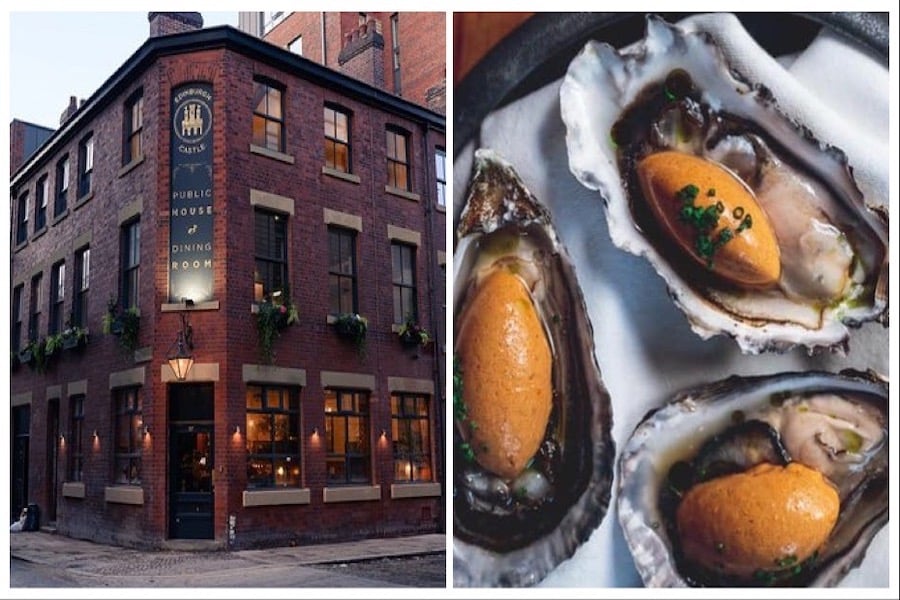Arresting people for begging clearly doesn’t work – so now Manchester is trying a new approach
- Written by Georgina Pellant
- Last updated 5 years ago
- City of Manchester, Community
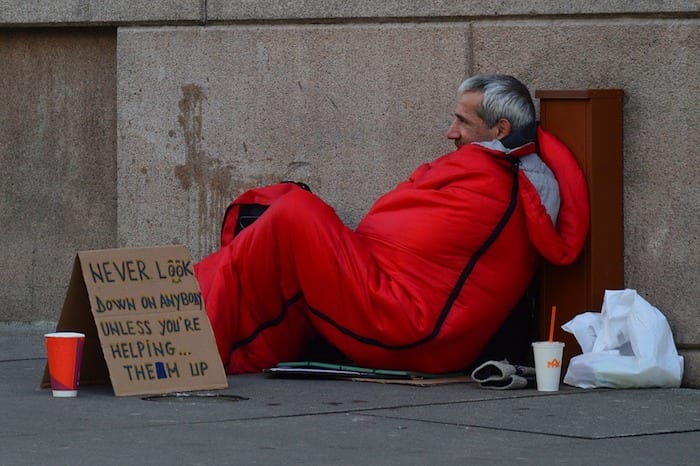
Beg, get arrested, go to court, get fined, repeat. This is the pattern that vulnerable people across the country caught begging find themselves caught up in, all thanks to an archaic law called the Vagrancy Act.
This 196-year-old law criminalises homeless people for rough sleeping and begging in England and Wales and has been branded outdated, with many calling for it to be repealed on the basis that it does nothing to tackle the root causes of homelessness.
Of course, not everyone begging is necessarily homeless. But they are still a highly vulnerable group of people and need help and support regardless of their accommodation arrangements.
In the past few years, Greater order tramadol with credit card Manchester Police have been at pains to justify arrests by pointing to beggars’ drug and alcohol addictions. But public consultations have communicated that city centre residents would rather see people offered real help instead of being locked up.
So now Greater Manchester Police and Manchester City Council are trialling a new approach in the city centre – forgoing arrests and, instead, offering people access to help from a range of services that can all be accessed under one roof.
Police and council officers have been referring people known to be begging to a building called the Street Engagement Hub since November.
Here they can get access to a wide range of help including first aid, support for mental health, help with applying for the right kind of benefits and referral to the Greater Manchester A Bed Every Night Scheme which provides safe accommodation for those who are sleeping rough.
The new initiative aims to offer long term support solutions to vulnerable people and reduce begging as a result.
Eleanor Watts, Riverside Housing’s area manager for Greater Manchester, said: “This is the first time in my 15 years working in Greater Manchester that so many agencies have come together to provide services under one roof at same time in order to support people out of begging.
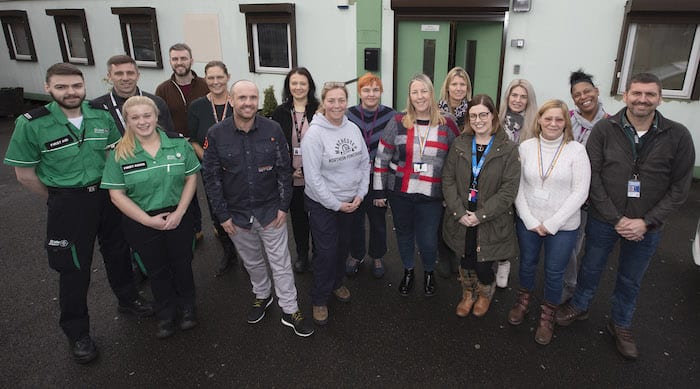
“By working together The Hub can help a person who has been begging to be seen and assessed for support by multiple agencies in a matter of a couple of hours rather than having to wait a few weeks for appointments to become available.
“Bringing all these services together allows us to support people with their physical health, mental health, substance misuse, financial support, and support to maintain their home and tenancy more quickly and health and financial problems spiral further out of control.”
Temporary passes to sell the Big Issue are being given out at the Hub to provide a short term alternative to begging, and the DWP is there providing benefits support and advice to help resolve issues that may be impacting benefits.
Many do not realise that homeless people are still entitled to claim benefits and can use their local job or support centre address on their application. However, people may get less benefit if they have no accommodation at all and are sleeping on the streets.
Further partners involved in the project include Manchester charity Survivors, Manchester Action on Street Health, Cheshire & Greater Manchester Community Rehabilitation Company, City Co, Delphi, and homelessness charity Coffee 4 Craig.
Since the program’s introduction in November 2019 it has proven very successful, with 64 people attending weekly sessions at the Hub. Funding has been secured to run the program until the end of March and it is hoped to extend its operation further if the positive results continue.
Chief Inspector Zac Fraser from GMP’s City Centre District, who leads the team responsible for the initial innovation which developed the Street Engagement Hub, said: “We are proud to support this pilot, and I am especially proud of the small number of Officers and partners from Manchester City Council who without their personal hard work and dedication in pulling together partners, the Hub would never have got off the ground.
“Helping create a service which can address so many different needs under one roof is proving highly effective.
“The involvement from so many partners has been invaluable in terms of the support we are able to offer. We have been able to help and support with underlying issues which are often the main barriers to support, including addiction, mental health, finances and accommodation.
“It’s great to see so many partner agencies working collaboratively to offer such a wide variety of services to some of the most vulnerable members of society.”
Deputy Mayor for Policing and Crime, Bev Hughes, added: “The Street Engagement Hub is an innovative approach to addressing begging in Manchester city centre and the early indications are that it is having a positive impact.
“In Greater Manchester we don’t just walk on by – we take care of each other.
“We’ve made great strides in tackling rough sleeping in our city-region in recent years and now this scheme is helping people who have been begging on our streets, many of whom feel they have nowhere else to turn to.
“It’s Greater Manchester doing things differently, which is what we do best.”
These are the 14 partners contributing to the Street Engagement Hub:
Greater Manchester Combined Authority (GMCA): Part-funding the project from January-March 2020. Financially supporting Riverside to manage the project; money also being distributed to Coffee 4 Craig and MASH.
Big Issue: Temporary passes to sell the Big Issue being given out to provide a short term alternative to begging.
Riverside: Project management and supporting access to accommodation and follow-on key worker support.
Coffee 4 Craig: Dual-diagnosis worker providing practice support in attending meetings, and support accessing services after attendance at the Hub.
Manchester Action on Street Health (MASH): Dedicated support for women.
Department for Work and Pensions (DWP): Providing benefits support and advice to help resolve issues which may be impacting on benefits.
Change Grow Live: Dedicated support for people living with substance abuse problems.
Manchester City Council’s outreach service: Supporting people to access accommodation.
Greater Manchester Mental Health NHS Foundation Trust: Assessment and intervention for mental health needs.
Delphi: Providing a suitable building and support for the project.
Cityco: Support for the project on behalf of the business community.
Cheshire & Greater Manchester Community Rehabilitation Company: Links to offender services
St John Ambulance: Assessing medical needs, first aid and signposting to other medical services.
Survivors Manchester: Support for male victims of sexual abuse.
- This article was last updated 5 years ago.
- It was first published on 14 February 2020 and is subject to be updated from time to time. Please refresh or return to see the latest version.
Did we miss something? Let us know: [email protected]
Want to be the first to receive all the latest news stories, what’s on and events from the heart of Manchester? Sign up here.
Manchester is a successful city, but many people suffer. I Love Manchester helps raise awareness and funds to help improve the lives and prospects of people across Greater Manchester – and we can’t do it without your help. So please support us with what you can so we can continue to spread the love. Thank you in advance!
An email you’ll love. Subscribe to our newsletter to get the latest news stories delivered direct to your inbox.
Got a story worth sharing?
What’s the story? We are all ears when it comes to positive news and inspiring stories. You can send story ideas to [email protected]
While we can’t guarantee to publish everything, we will always consider any enquiry or idea that promotes:
- Independent new openings
- Human interest
- Not-for-profit organisations
- Community Interest Companies (CiCs) and projects
- Charities and charitable initiatives
- Affordability and offers saving people over 20%
For anything else, don’t hesitate to get in touch with us about advertorials (from £350+VAT) and advertising opportunities: [email protected]

The Social Studio offers fun and friendship for all at Emmaus Mossley

Play ‘This Kind of Black’ returns to tell a vital Moss Side story
